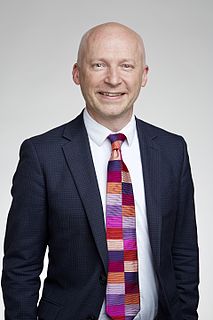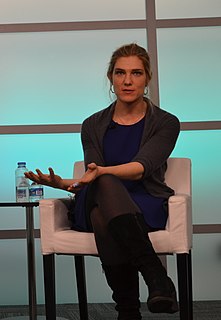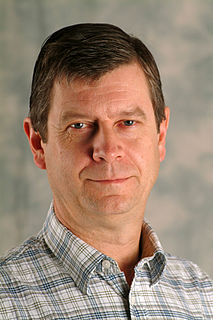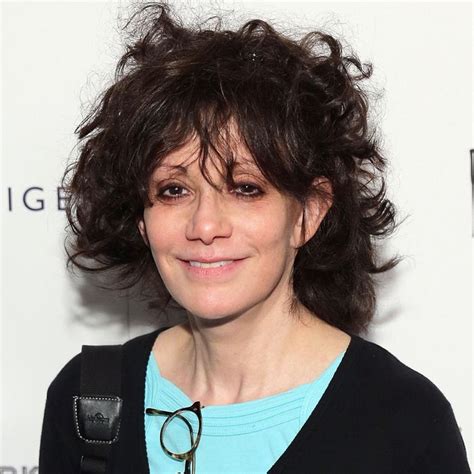A Quote by Marcus du Sautoy
But actually a code is a language for translating one thing into another. And mathematics is the language of science. My big thesis is that although the world looks messy and chaotic, if you translate it into the world of numbers and shapes, patterns emerge and you start to understand why things are the way they are.
Related Quotes
Mathematics never reveals man to the degree, never expresses him in the way, that any other field of human endeavour does: the extent of the negation of man's corporeal self that mathematics achieves cannot be compared with anything. Whoever is interested in this subject I refer to my articles. Here I will say only that the world injected its patterns into human language at the very inception of that language; mathematics sleeps in every utterance, and can only be discovered, never invented.
The big problem in translating is that we had to translate the language. People may not know that we record the podcast in Japanese, translate it to English and then actors play us on the podcast. I'm not actually Scott Aukerman, I'm the actor who plays his voice on the podcast. Unfortunately, it's cost prohibitive on a television show.
You have this world of mathematics, which is very real and which contains all kinds of wonderful stuff. And then we also have the world of nature, which is real, too. And that, by some miracle, the language that nature speaks is the same language that we invented for mathematics. That's just an amazing piece of luck, which we don't understand.
Every time another tribe becomes extinct and their language dies, another way of life and another way of understanding the world disappears forever. Even if it has been painstakingly studied and recorded, a language without a people to speak - it means little. A language can only live if its people live, and if today's uncontacted tribes are to have a future, we must respect their right to choose their own way of life.
The world is mental in some way that we do not yet understand, but that which we're edging toward understanding. And the world is made of language. I can't say that enough. Whenever we get into these discussions about reality, or effects in space and time, we are operating outside this assumption that the world is made of language.
We are living in a society that is totally dependent on science and high technology, and yet most of us are effectively alienated and excluded from its workings, from the values of science, the methods of science, and the language of science. A good place to start would be for as many of us as possible to begin to understand the decision-making and the basis for those decisions, and to act independently and not be manipulated into thinking one thing or another, but to learn how to think. That's what science does.
One of the things I'm trying to do over and over again in my books is create new mythologies, create new ways to understand the complexity of the world. I think what mythology does is impress upon chaotic experience the patterns, hierarchies and shapes which allow us to interpret the chaos and make fresh sense of it.






































